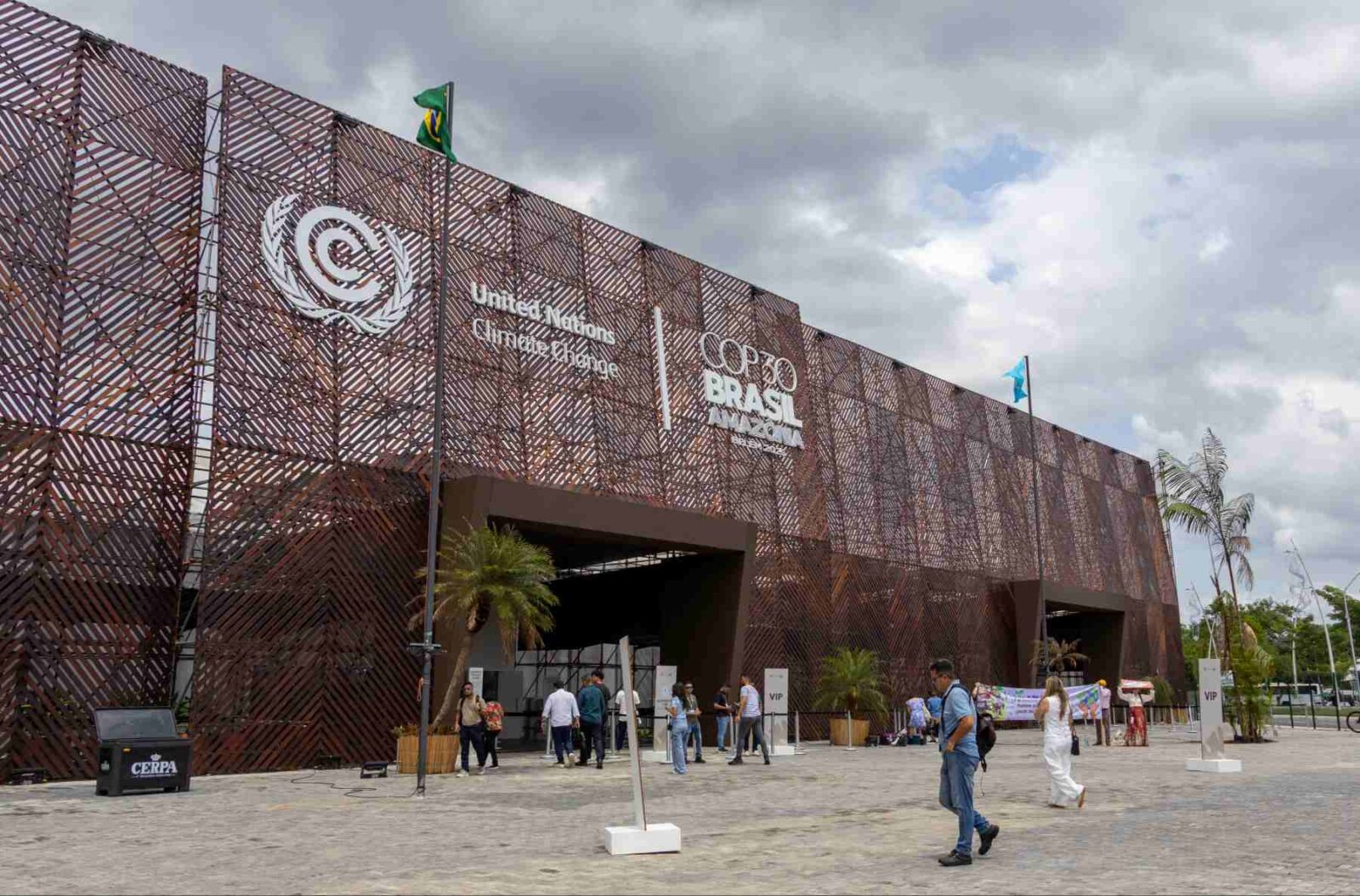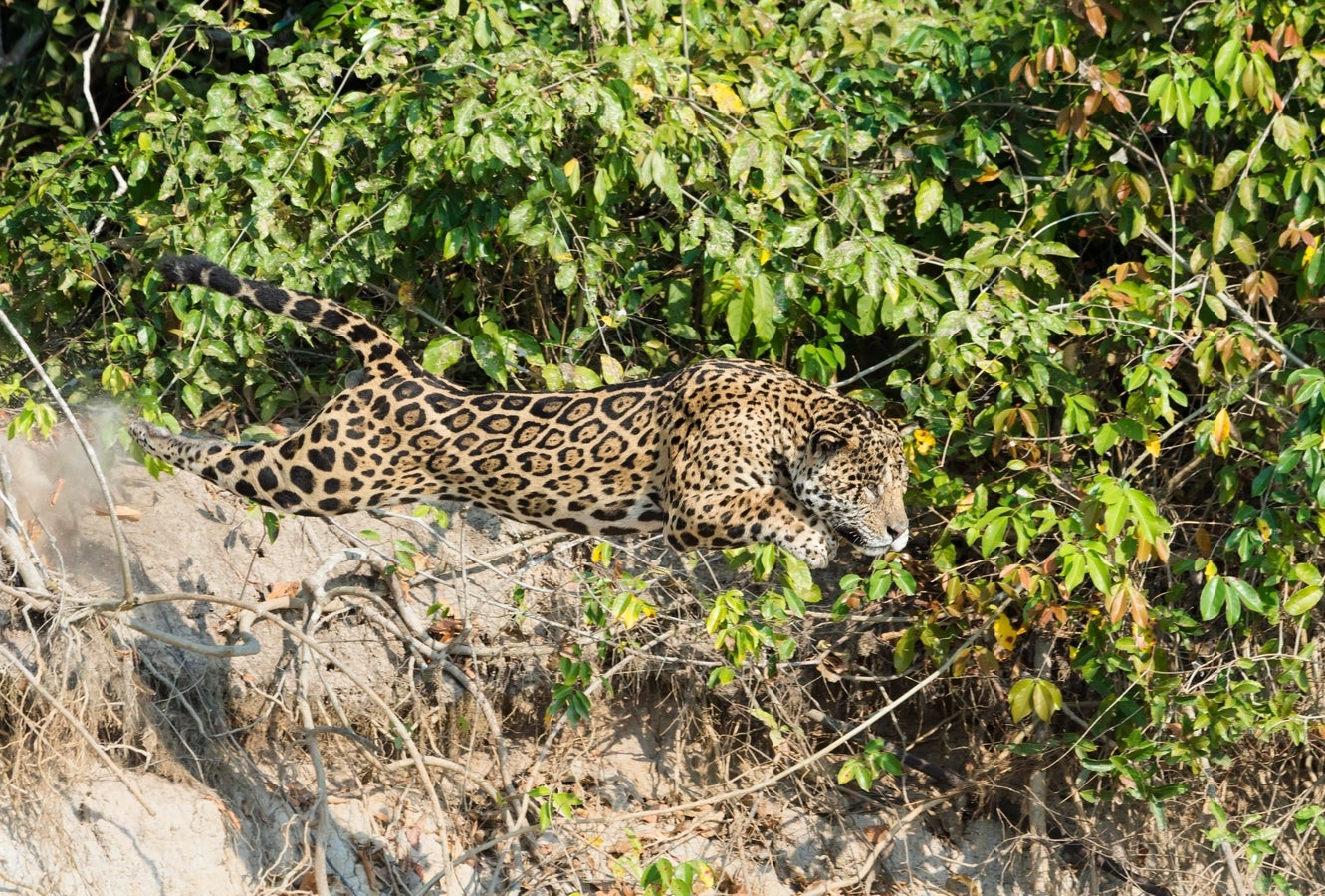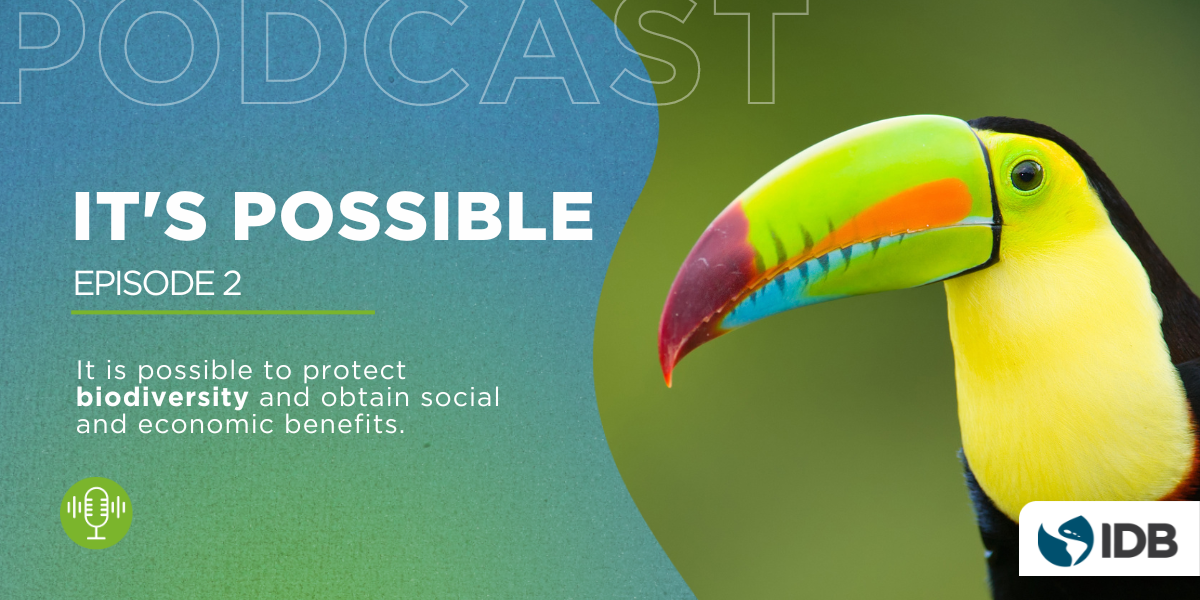COP30 brings nature to the global stage. At COP30, the Inter-American Development Bank Group (IDB Group) will convene countries, partners, and stakeholders to showcase practical solutions for closing financing gaps for resilient development through partnerships, innovation, and measurable impact in Latin America and the Caribbean (LAC). At the conference, the IDB Group will … [Read more...] about COP30 in Belém: How the IDB Group is Driving Nature Finance Across Latin America and the Caribbean
The Next Olympics are About Resilience: What can the Amazonia Region do?
The Olympics have always been a source of devotion and inspiration, evoking countless emotions that encourage us to take on new challenges and rethink our routines. In the past two weeks, the games in Paris have given us a lesson in resilience—not just pure resistance. From Céline's magical return to the stage during the opening ceremony to Simone's showing the perfect balance … [Read more...] about The Next Olympics are About Resilience: What can the Amazonia Region do?
How to Transition to Nature-Positive Economies?
Latin America and the Caribbean play a crucial role in the transition to nature-positive economies. But what does this mean? It involves promoting an economic model that not only minimizes negative environmental impacts but also actively contributes to the regeneration and conservation of ecosystems. This approach is based on the idea that economic activities can and should be … [Read more...] about How to Transition to Nature-Positive Economies?
How multilateral development banks can catalyse climate transformation
Following the Covid-19 pandemic, countries have been left with unprecedented rising debt levels, higher interest rates and diminished growth projections. Even though public funds are constrained, countries have agreed to ambitious targets to protect and conserve 30% of marine and terrestrial ecosystems in the Kunming-Montreal Global Biodiversity Framework as well as continue to … [Read more...] about How multilateral development banks can catalyse climate transformation
Investing in Nature: A Holistic Approach to Biodiversity and Climate Action
In recent years, the world has witnessed a growing interest in the biodiversity and natural capital agenda and how to finance necessary action. Governments, multilateral organizations, donors, civil society, and the private sector are increasingly coming together to accelerate innovations in sustainability, climate action, and biodiversity conservation. This collaborative … [Read more...] about Investing in Nature: A Holistic Approach to Biodiversity and Climate Action





